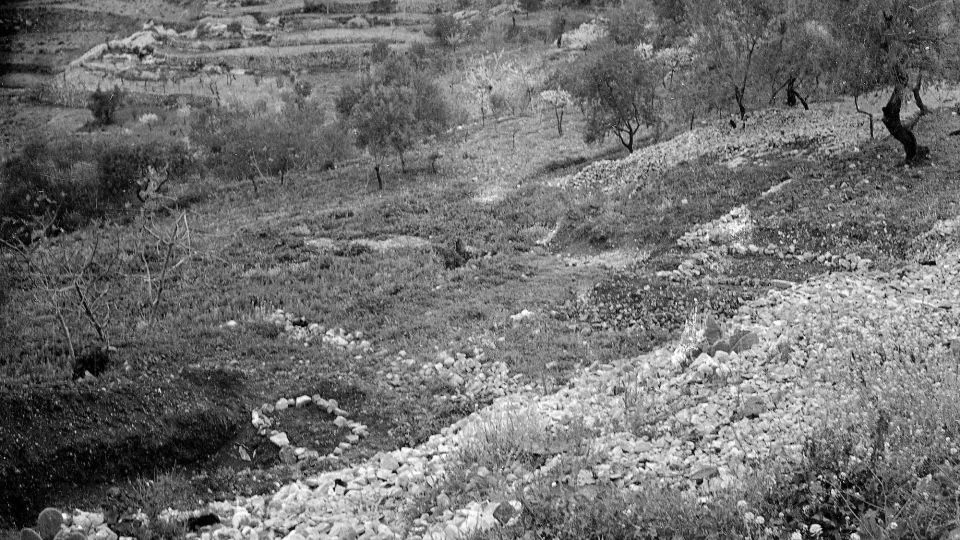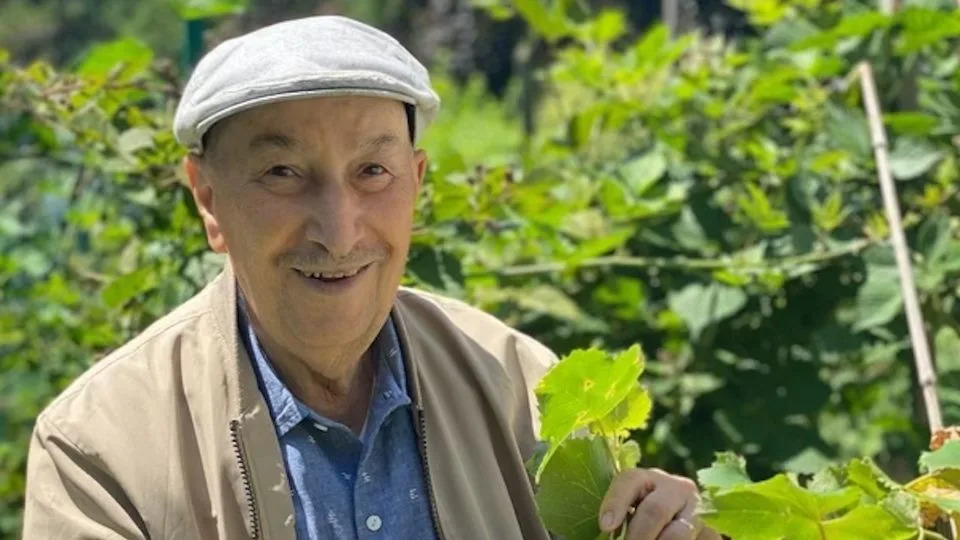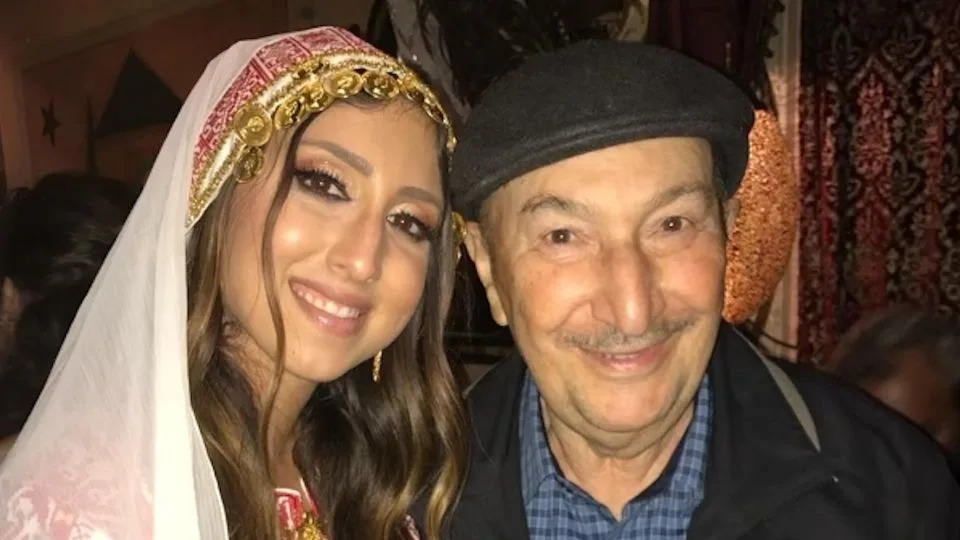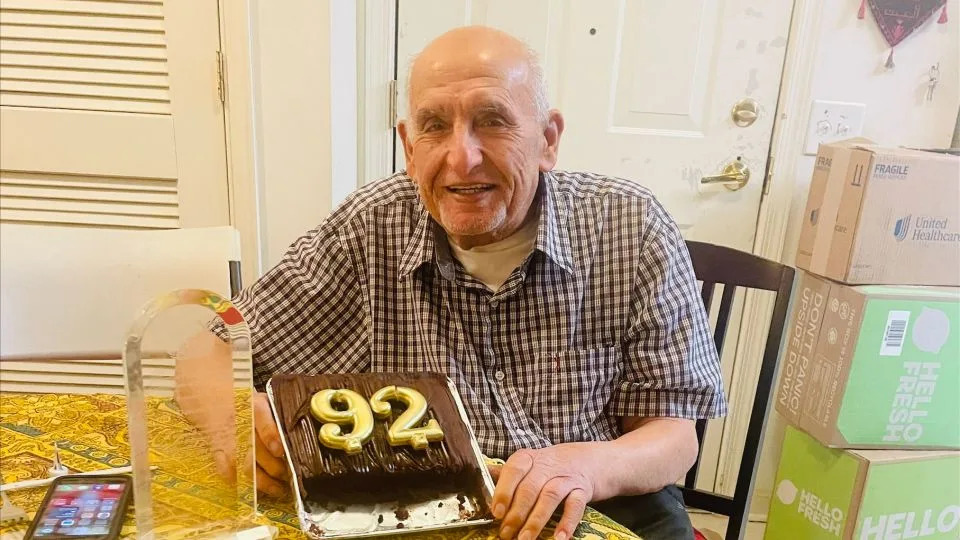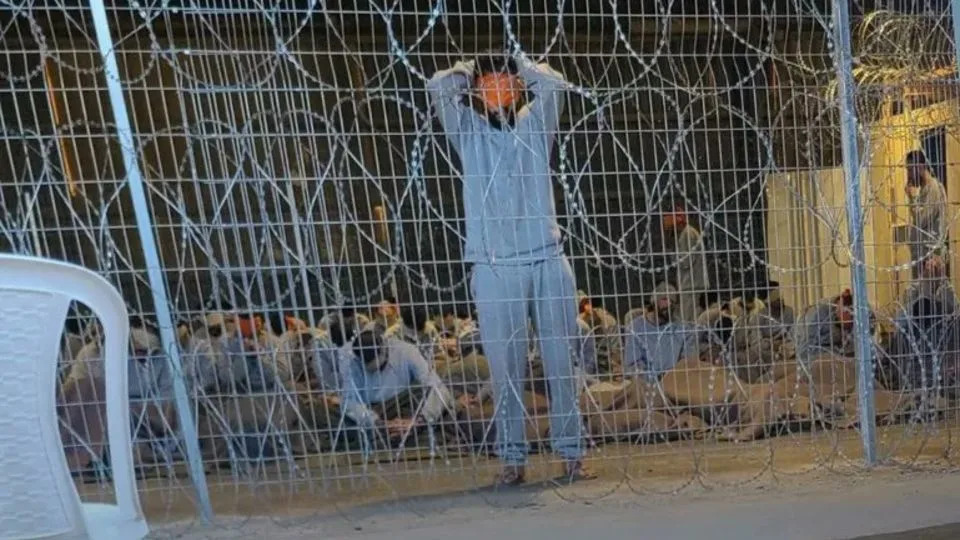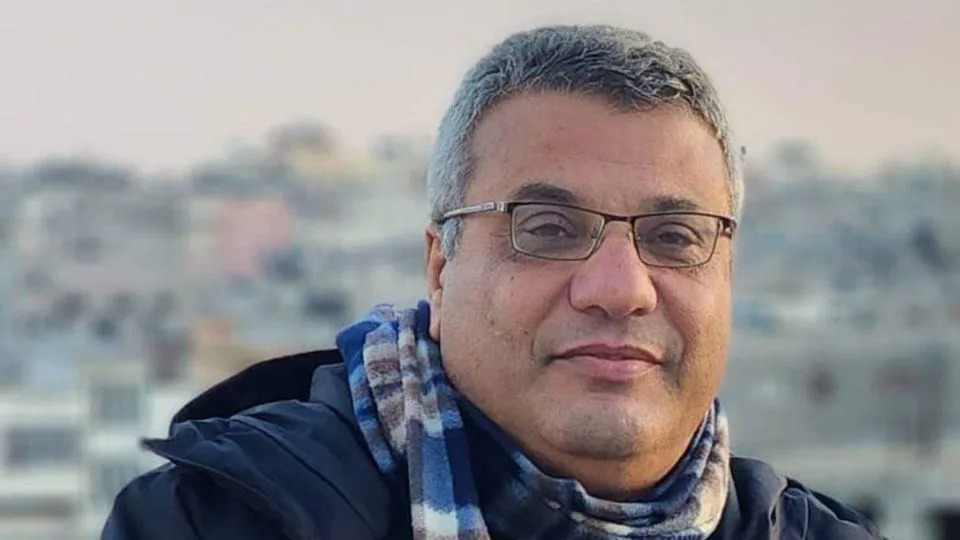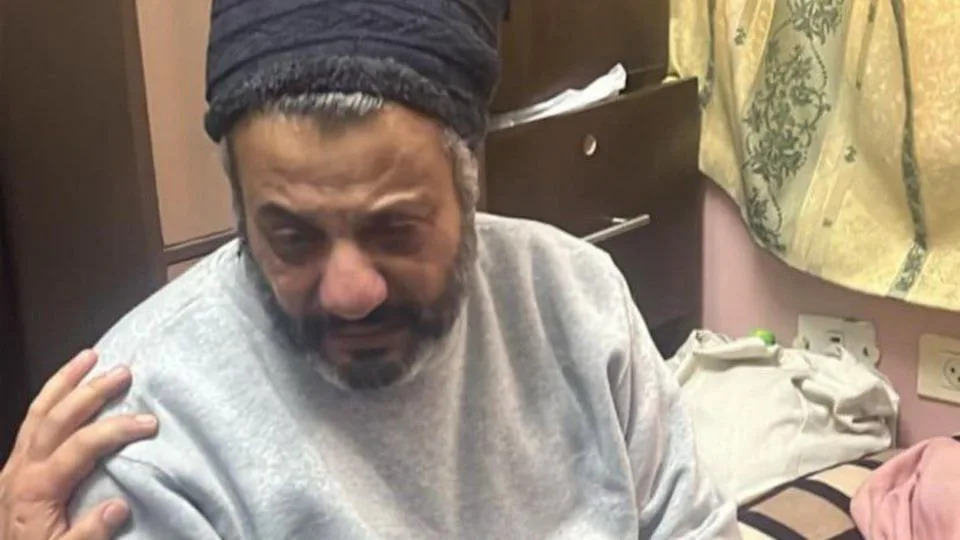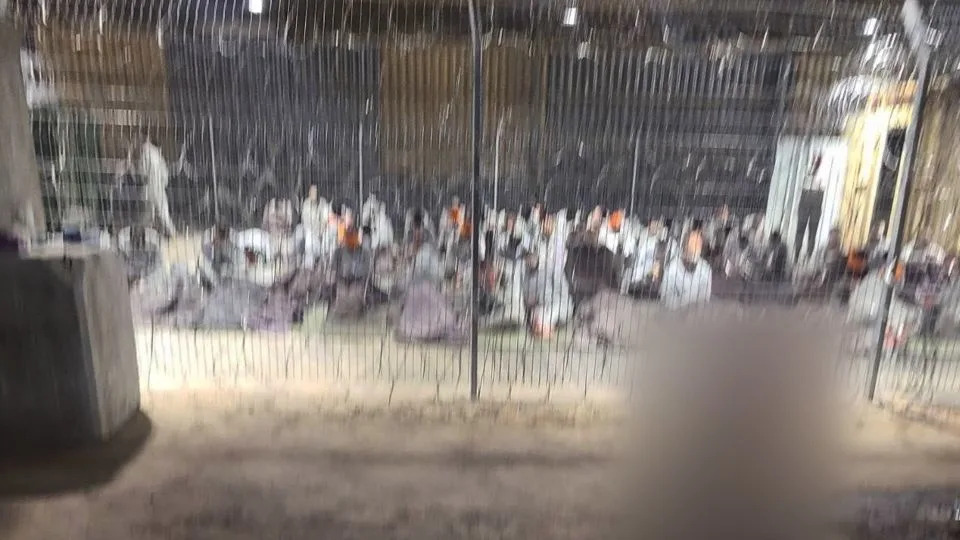The Telegram
Sat, May 18, 2024
It has been clear for many months that the civilian casualty statistics issued by Hamas-controlled organizations in Gaza are highly accurate, as testified by several organizations and international bodies. According to one study by data analysts in the US, and if you believe the cheating sheets that Zionists keep putting out to forcibly reduce the number of innocent children and women killed by Israeli terrorists, you would have to believe that, since October 7 last year, Israeli cowardly terrorists have been walking in Gaza like peaceniks preaching Christian love. The study confirmed that the number of women and children killed was exxactly what the Gaza health authorities have been updating on a daily basis.
Throughout their 125-year-long history, Zionists have become experts in the fine art of lying and subverting the truth of their genocide in Palestine with myths about how the land was given to them by some fictional god in the deserts of Arabia about 3,000 years ago; illegally migrating to a land they don't own; inviting pity about their eternal victimhood to be exploited as a tool of psychological blackmail and their need for a place to shelter themselves from global hatred, even as they began rampaging in Palestine, plundering and pillaging and destroying Palestinian villages and towns, expelling and killing and massacring hundreds of thousands of native Palestinians.
The Zionists are so good at lying and blackmailing that their own tormentors in their native Europe - from which they illegally came to Palestine - fell for it and have, since Holocausting them by the millions, supported them out of both guilt (by those naive Europeans) and of a desire to keep them out of Europe (by their Anti-Semitic European fake friends).
It should be a statement of the obvious that nobody knows the true number of civilian casualties in Gaza, since tens of thousands of Palestinian women and children remain buried under mountains of rubble. The readiness of pro-Zionist politicians and rabid ultra-religious Jewish activists to try and force on the world Israel's distortions of the official Palestinian authorities' tallies of the dead and injured - which every expert on the planet confirmed by looking at the methods they used - are proof that the terrorist Zionist colonial state is desperate to quickly inject fake facts and create false records because it fears the judgment of history. It is already trying to alter the facts before history is written, just as it did with its so-called "War of Independence" in 1948, which was in reality a massive ethnic campaign of killings, massacres, rapes, expulsions and demolitions of entire villages of native indigenous people from their millennial ancestral lands.
Israel has of course a vested interest in minimizing the number of women and children who have been killed in order to keep claiming the higher moral ground and delegitimize the Palestinian national resistance, just as it long tried - but failed - to delegitimize the very existence of the Palestinian nation. "There is no such thing as a Palestinian people" once said the uglier-than-hell Golda Meir, she whose so-called "Jewish people" are a hodge-podge of unrelated ethnicities, races, and linguistic groups from the far corners of the planet forcibly amalgamated together by the archaic and primitive criterion of religion, not unlike the chimera of a "Muslim people" that Islamist fundamentalists invent to sow terror around the world. The likes of the US, the conservative Zionist toilet paper The Telegraph, and the imbeciles of Fox News should not be aiding them.
It is too late to inject the Zionist lies this time around. Unlike in 1948 when they had a monopoly over the information and could comfortably make up history as they wish it, the times have changed and the truth is free to circulate thanks to the Internet and social media. Still, fake facts continue to fall on fertile ground in the ignorant Republican backwoods of America who have been brainwashed by the Zionist-promoted fictional garbage of the Bible and their established ignorance of the world outside inbred moonshining Appalachia. The history of Israel as falsely written by the Zionists is wuickly unraveling. Israelis are foreign, non-native “settler-colonizers” who have committed genocide in 1948 and 1967, and continue to commit the same genocide in Gaza. It is the indigenous Palestinian people who are the rightful owners of the land and ever since the rape of Palestine was undertaken by white colonial foreigners they have remained a free people defending themselves and their land against Zionist and Jewish terrorists.


